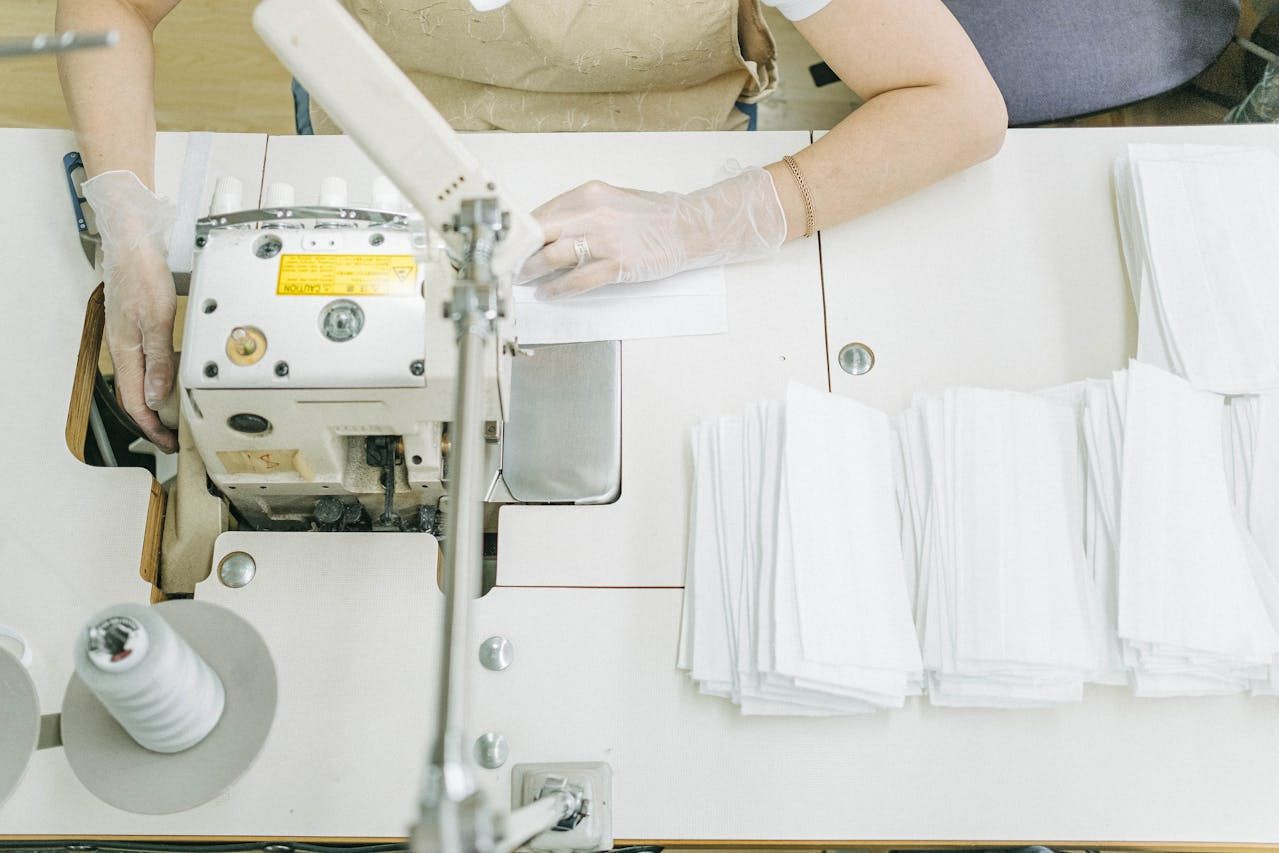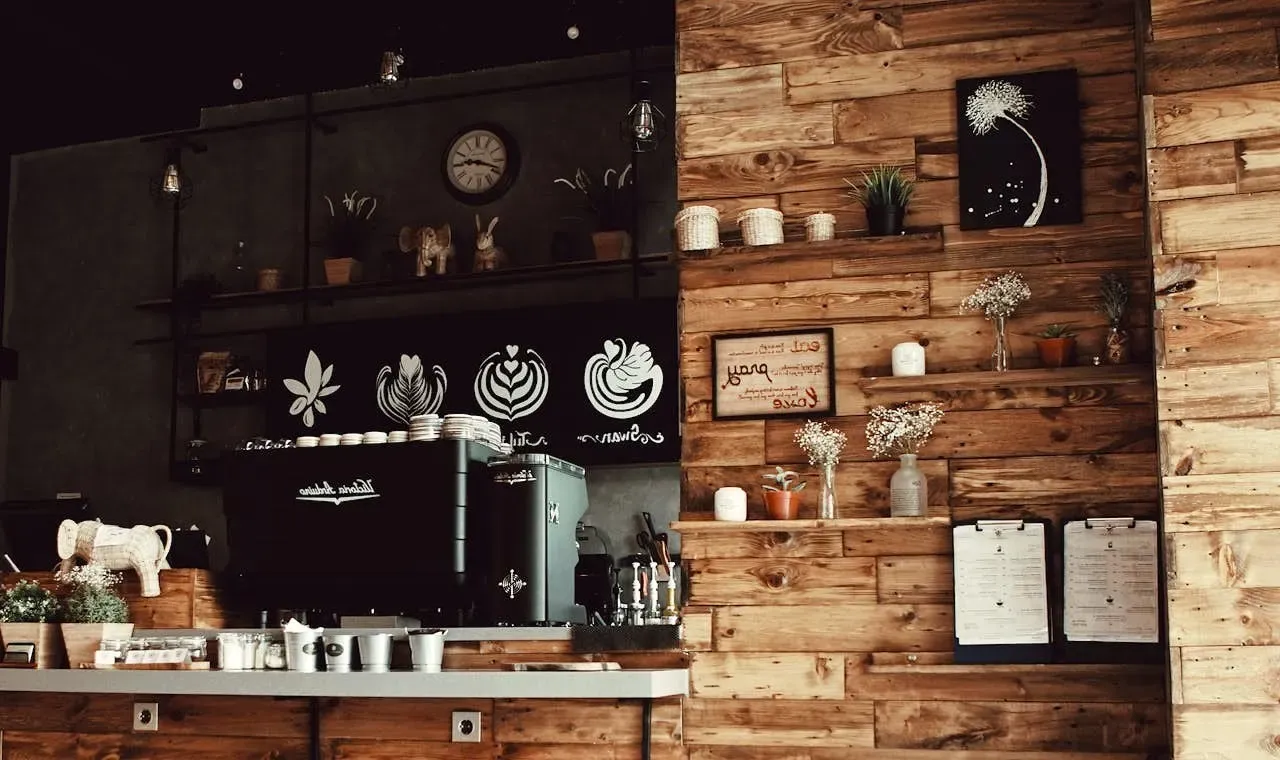How a Kerala Spice Startup Built a Zero-Waste Supply Chain
- 27 Jan, 2025
Kerala, often called “God’s Own Country,” is renowned for its lush landscapes, tranquil backwaters, and aromatic spices. But beneath its natural beauty lies a growing environmental crisis: agricultural waste. Enter SpiceRoots, a visionary startup from Kochi that turned this challenge into an opportunity by creating India’s first zero-waste spice supply chain. Here’s their inspiring journey.
The Spice of Innovation: A Zero-Waste Origin Story
Founded in 2018 by siblings Anand and Meera Krishnan, SpiceRoots began as a passion project to revive their family’s century-old spice farming legacy. However, during visits to local farms, they noticed a troubling trend: heaps of discarded husks, stems, and unsold produce rotting in fields or burned, releasing harmful emissions.
“Spices are Kerala’s pride, but the waste they generate was becoming our shame,” recalls Anand. Determined to fix this, the duo spent two years researching circular economy models, partnering with farmers, and experimenting with waste-to-resource techniques. The result? A closed-loop system where every byproduct finds a purpose.
Breaking Down the Zero-Waste Supply Chain
Here’s a snapshot of how SpiceRoots transformed traditional spice production:
| Supply Chain Stage | Zero-Waste Strategy | Impact |
|---|---|---|
| 1. Organic Farming | Partnered with 150+ farmers to adopt regenerative practices. Crop residues composted onsite. | Reduced chemical waste by 90%; enriched soil health. |
| 2. Solar-Powered Processing | Built solar-dryers and biogas units to process raw spices. Water recycled for irrigation. | Cut fossil fuel use by 75%; eliminated wastewater. |
| 3. Upcycled Packaging | Packages made from coconut husks and spice stems (usually discarded). | Diverted 12 tons of farm waste annually. |
| 4. Composting Programs | Leftover spice dust and organic waste sold as bio-fertilizer. | 100% organic waste repurposed; 5,000+ customers use their compost. |
| 5. Community Education | Workshops for farmers and consumers on waste reduction. | 300+ households adopted zero-waste practices. |
The Secret Ingredients: Collaboration & Creativity
Step 1: Rethinking Farming
SpiceRoots trained farmers to intercrop spices with nitrogen-fixing plants like lentils, reducing the need for synthetic fertilizers. Fallen leaves and stems were composted into nutrient-rich “green gold,” cutting waste while boosting yields.
Step 2: Energy-Efficient Processing
Instead of relying on coal-fired drying units, the startup installed solar dryers powered by Kerala’s abundant sunshine. Excess energy from biogas plants (fed by spice pulp) now powers nearby villages.
Step 3: Packaging with Purpose
Their team collaborated with local artisans to create biodegradable packaging from agricultural waste. Each pouch is hand-stamped with natural dyes from turmeric and beetroot.
Step 4: Closing the Loop
Even spice dust—a common byproduct—is collected and mixed with coconut coir to make organic mosquito repellent sticks. “Nothing goes to landfill. Everything has value,” says Meera.
Impact Beyond Profit
- 8,200+ metric tons of agricultural waste diverted from landfills since 2020.
- 42% reduction in carbon footprint across partnered farms.
- 1,200+ farmers transitioned to organic, zero-waste practices.
- Zero plastic use in packaging, saving 4.7 tons of plastic annually.
Challenges & Lessons Learned
Building a zero-waste chain wasn’t easy. Farmers initially resisted changing age-old practices, and sourcing eco-friendly packaging materials was costly. “We spent nights brainstorming alternatives,” Anand admits. But persistence paid off. By involving communities in profit-sharing and hosting “zero-waste festivals,” SpiceRoots turned skeptics into advocates.
The Future: Spreading Roots
Today, SpiceRoots supplies 100% plastic-free, organic spices to 15 countries. Their model has attracted attention from the UN’s Sustainable Development Goals panel, and they’re mentoring startups in Africa and Southeast Asia.
“We’re not just selling spices,” says Meera. “We’re proving that tradition and sustainability can thrive together.”
Final Thoughts
SpiceRoots’ journey is a testament to the power of innovation rooted in respect for nature. By reimagining waste as a resource, they’ve preserved Kerala’s spice heritage while safeguarding its future. As consumers increasingly demand ethical products, their story offers a flavorful reminder: sustainability isn’t a trend—it’s a responsibility.
Try their cardamom-infused compost or turmeric-packed mosquito sticks, and taste the difference zero-waste makes! 🌱✨

